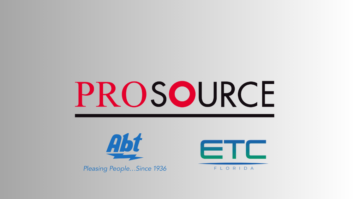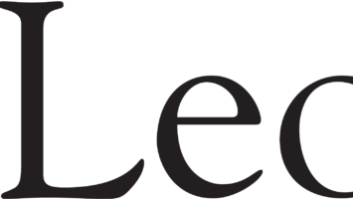Tokyo — D&M Holdings — which owns the Denon, Marantz, McIntosh Laboratory, ReplayTV, Rio and Escient brands reported fiscal-year revenue for its premium A/V business, of $705.1 million, down from the $713.5 million recorded for the year-ago period.
Operating profit for the premium A/V segment during the 12 months, ended March 31, hit $31.7 million, down from a year-earlier $42.9 million.
D&M said it gained “significant market share” for the year in its largest premium A/V business category — receivers and amplifiers. Consumer demand was strong for Denon’s high-end products, while Marantz announced a successful launch of a new line of stereo and surround sound components.
The company’s digital network business, including Rio, Escient and ReplayTV, reported 12-month revenue of $150.2 million, 48 percent higher than a year-on-year $101.7 million. The increase was due to a surge in demand for portable audio players, while Rio sales slowed during the final months of the fiscal year due to a recent entrance of new major players in the MP3 market seeking initial market penetration and Apple’s continued dominance in the category.
D&M’s digital network business recorded an operating loss of $22.4 million in the 12 months, narrower than the year-ago loss of $32.6 million, and due, in part, to price reductions caused by fierce competition in the portable player business, said the company.
The Rio business was impacted by lower margins in the United States, but toward the end of the fiscal year losses were reduced by the impact of new models and improved inventory controls.
Consolidated D&M revenue came in higher for the 12 months, at $855.6 million, compared with $815.4 million year-on-year. Operating profit reached $8.7 million, down from $9.7 million the previous year, and net income topped out at $5.7 million, compared with a year-ago net loss of $2.6 million. The past year’s net income included a charge of $1.2 million.












